Convicted killer Chris Dawson to fight murder conviction in NSW Supreme Court
The former schoolteacher is appealing his murder conviction – and he’s going after the reasoning of Justice Ian Harrison.
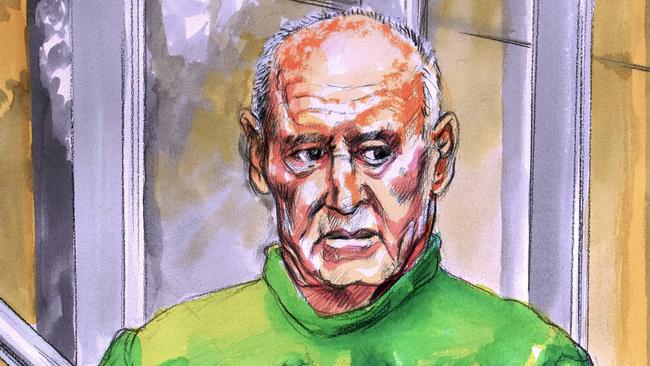
Christopher Michael Dawson is headed back to court.
Almost two years after he was convicted for the 1982 of his first wife, Lyn, the former schoolteacher will argue the judge got it wrong in an appeal set to start on Monday.
A conviction 40 years in the making
It was a spine-chilling moment: August 2022, when Justice Ian Harrison delivered judgment in the case of R v Dawson.
“Christopher Michael Dawson, on the charge that on or about 8 January, 1982, at Bayview. or elsewhere in the state of New South Wales, you did murder Lynette Dawson,” Justice Ian Harrison said. “I find you guilty.”
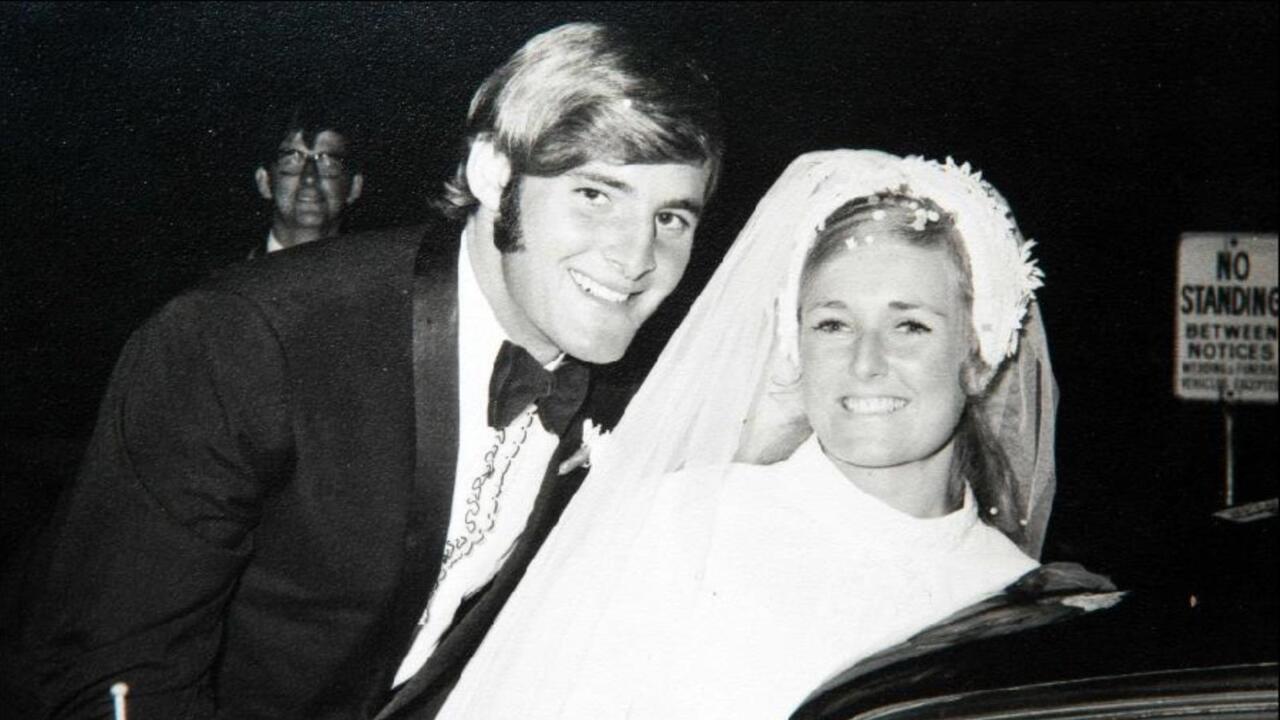
In the understated delivery of NSW Supreme Court justice Ian Harrison, this was a moment 40 years in the making: the conviction of former star footballer Chris Dawson for the murder of his wife – the mother of his two daughters – Lynette Simms.
Justice Harrison was wearing a red satin robe and wig, and after reading those words, he told Dawson – then a frail 74-year-old – to sit down.
“Mr Dawson it’ll be necessary for you to be taken into custody,” he said. “You’ll have to go with them.”
Two court officers walked over to Dawson and cuffed him, then led him across the court, into a dock and through a padded door, which leads down to the cells deep below the Supreme Court.
The long road to the Supreme Court
This was no ordinary murder trial.
Christopher Dawson had been the subject of a podcast published by The Australian – the world-famous The Teacher’s Pet, by our colleague Hedley Thomas.
After the 2018 publication of Hedley’s sweeping piece of investigative journalism, Dawson was charged with murder – something the NSW Director of Public Prosecutions had twice refused to do, despite two recommendations from the coroner that Dawson be charged.
Dawson fought the case all the way to the High Court of Australia, arguing that he couldn’t get a fair trial because the entire nation – and the entire world – had heard Hedley’s podcast, which has been downloaded something like 80 million times.
He lost at every stage – but he did get one thing he wanted: a trial by judge alone, instead of a jury.
The thinking was that a judge – who can be relied upon to be unaffected by anything that happens outside the courtroom – would make the kind of dispassionate decision that jurors – who are normal citizens who read the papers and listen to podcasts – might not be able to do.
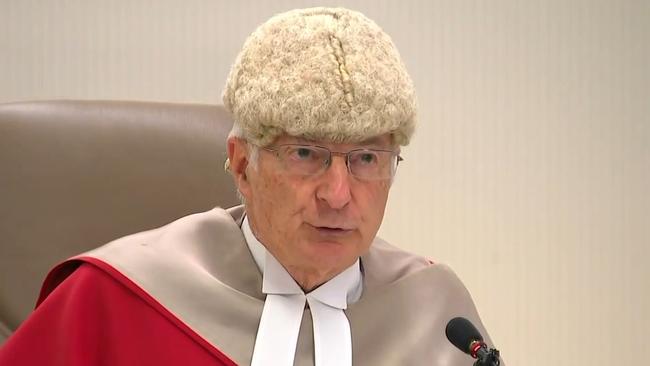
Dispassionate was a good word for the way Ian Harrison summed up Dawson’s guilt:
“The evidence does not reveal how Mr. Dawson killed Lynette Dawson. It does not reveal whether he did so with the assistance of anyone else or by himself. It does not reveal where or when he did so, nor does it reveal where Lynette Dawson’s body is now.
“The charge of murder in this trial is unsupported by direct evidence. The case against Mr. Dawson is wholly circumstantial
“I’m satisfied beyond reasonable doubt that the only rational inference that the circumstances enable me to draw is Lynette Dawson died on or about 8 January, 1982, as the result of a conscious and voluntary act committed by Mr. Dawson, with the intention of causing her death.”
Harrison sentenced Dawson to 24 years – and new laws passed because of Lyn Simms’ case, called Lyn’s Law, means he won’t get parole unless he reveals what he did with her body.
But now, Dawson is appealing this murder conviction – and he’s going after the reasoning of Justice Ian Harrison.
What are the grounds for Chris Dawson’s appeal?
These are Dawson’s grounds of appeal.
First – that Justice Harrison erred, in failing to find that Dawson suffered a significant forensic disadvantage.
This is all about the delay in Dawson being charged.
Lyn Simms disappeared in January 1982. There were alleged sightings of Lyn – someone claimed they saw her at a roadside fruit barn, someone else said they saw her working as a nurse in a hospital – but no photos or other evidence.
Dawson claimed Lyn had used her bankcard after disappearing, and that he’d received phone calls from Lyn saying she had gone away to have some time to herself, but there were no phone records or other evidence to prove this, by the time he was finally charged in 2018.
And that’s what Dawson says puts him at such a significant forensic disadvantage – he wasn’t able to go and find the evidence that Lyn was still alive, because four decades had elapsed and there’s no phone records or bank statements remaining, and other evidence could have been lost.
This was an argument Dawson’s lawyers advanced at trial.
His then-barrister, Pauline David, told the judge it was possible Lyn just left the home and that possible sightings of her weren’t followed up by police at the time, because – as listeners to The Teacher’s Pet will know only too well – police just did not take this matter seriously until it was way too late.
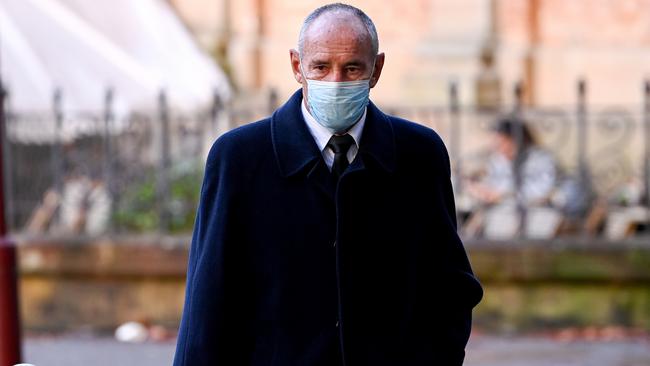
Justice Ian Harrison said he had taken into account that Dawson could have run a different case if he’d been charged back in 1982.
He said Dawson hadn’t been able to prove a significant forensic disadvantage. He said although it was true some witnesses had died, some of those witnesses had given police interviews, or been videorecorded, or had been adequately represented at trial by other witnesses.
And the judge said evidence like bankcard statements had been lost – but he said that could equally weigh in Chris Dawson’s favour. That is, if the bank statements existed, they could prove Chris Dawson was lying about Lyn using her bankcard.
The second and third grounds of appeal go like this: Dawson says Justice Harrison made a mistake when he declared Dawson’s lies demonstrated his consciousness of guilt.
Dawson’s complaint is that Justice Harrison went even further than the prosecutors in the way he interpreted Dawson’s statements after Lyn disappeared.
Justice Harrison said Dawson had lied in the days and weeks after Lyn’s disappearance, including in his police interview in 1991, when he said he desperately missed Lyn after she left, that she was in despair that their marriage was unravelling.
He also said Dawson lied about the young woman who moved into the house shortly after Lyn disappeared – the teenage babysitter who later became Dawson’s second wife. Dawson told police he and the girl were not in a relationship when Lyn disappeared.
The judge said all those were lies – and he took them as Dawson showing he knew he was guilty.
The appeal documents say the whole verdict is unreasonable, because the Crown failed to adequately prove Lyn Dawson was definitely dead after January 9, 1982 – and that the whole of the evidence was just not enough for the judge to be satisfied beyond reasonable doubt.
Who is representing Chris Dawson in his appeal?
“We understand that the silk representing Chris Dawson is a public defender called Belinda Rigg,” says Ellie Dudley, The Australian’s Legal Affairs Correspondent.
“She was the first female senior public defender, appointed in 2019. He also has two Legal Aid solicitors, Cherie Pittman and Steven Eccleshall.
“During the murder trial, he was represented by a very high-profile criminal solicitor called Greg Walsh. But now he’s got two Legal Aid lawyers, so we know that he’s out of money.”
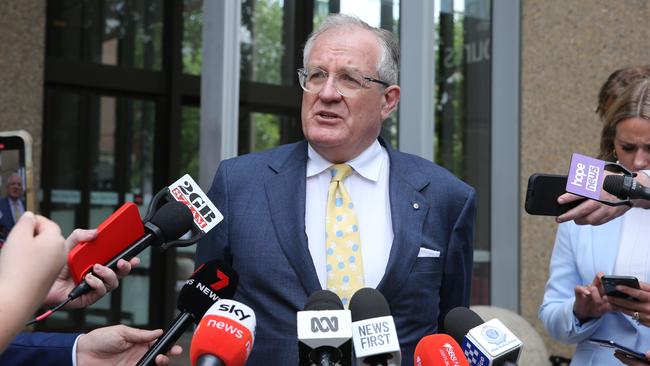
“Dawson will be travelling to the city from Sydney’s Long Bay jail for the appeal. It’ll be interesting to see him again after all this time.
“It’s interesting, Claire, because we know we would be able … to watch online,” Dudley says. “But I’m keen to go into the courtroom and say what he looks like. He’s been in prison for, what, almost two years now? You know, see how it’s changed him.”
What about Chris Dawson’s other conviction?
Within months of his conviction for the murder of Lyn, Chris Dawson was back before the court on fresh charges.
When he appeared in the New South Wales District Court this time last year, Dawson was visibly weathered by his prison experience.
He’d swapped his grey suit for prison greens. A blue surgical mask covered half of his face. His tall, once-athletic frame slumped ever so slightly.
He wasn’t there for long. Just days in, Dawson’s public defender, barrister Claire Wasley, successfully argued the early starts and long days were taxing on Dawson, and that he should be able to join via video link from Sydney’s famous Long Bay prison.
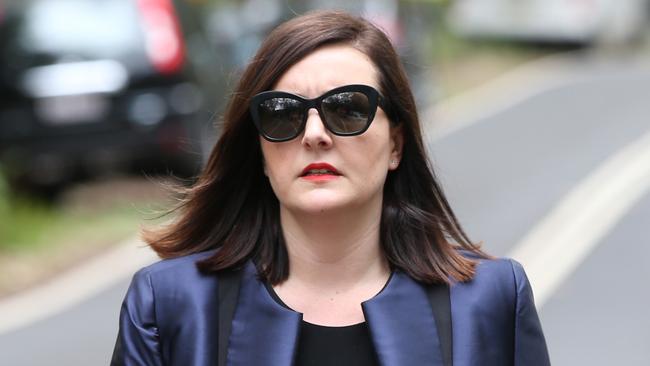
After that, Dawson’s face loomed over the proceedings from screens placed around the basement-level courtroom. His voice was scarcely heard beyond polite daily acknowledgment that the technology was functioning as intended.
Dawson pleaded not guilty to the unlawful carnal knowledge of one of his former students – a sixteen-year-old girl with a troubled home life.
She’s known as AB – her identity has been suppressed by the court because she was a child at the time the abuse occurred.
AB – who later became Dawson’s wife – alleged Dawson groomed and engaged in sexual activity with her at the end of 1980, before she turned 17. Back then, the age of consent was 16, but it was 17 if the alleged offender was in a position of authority, like a schoolteacher.
Dawson admitted he did have sex with AB – but he said it was after her 17th birthday, when she was no longer in his class. It’s a defence that ultimately failed – despite what Judge Huggett called “inconsistencies” in AB’s evidence.
“While none of these evidences are capable, alone or collectively, of proving the offence charged, I find it provides powerful support for the complainants evidence that the accused committed an act of carnal knowledge while she was 16 years of age in his and his pupil,” Judge Sarah Huggett said.
“In these reasons, I am satisfied beyond reasonable doubt that the accused committed the offence charged and find him guilty.”
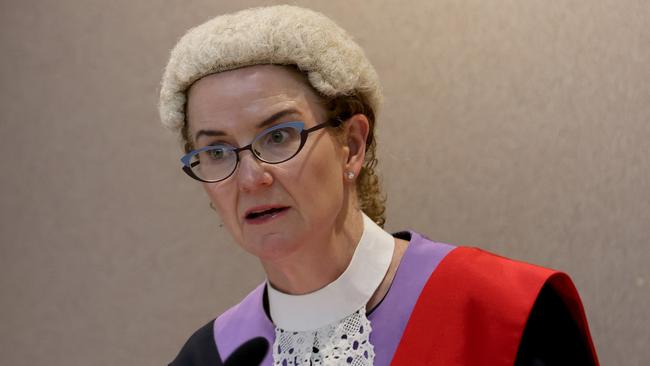
Dawson wasn’t happy. The video link he’d fought for stayed live long enough to beam his reaction to members of the media observing the proceedings on a closed stream: “F..., f..., f..., f..., f...,” he raged.
Dawson’s serving an additional three years in prison for the carnal knowledge charge …
“ … commencing on 30th August, 2039, and expiring on 29th August, 2042, with a non-parole period of two years expiring on 29th August, 2041, on which date you are eligible for parole,” Judge Huggett said in handing down her sentence.
A tricky bit of maths relating to the way the two sentences overlap means Dawson will actually only serve an extra year.
Judge Sarah Huggett got a new job not long after she made that finding: she’s now Chief Justice of the NSW District Court.
Will Chris Dawson appeal his carnal knowledge conviction too?
These two convictions – the first for murder, and the second for carnal knowledge – are linked. Justice Ian Harrison found it was Dawson’s insatiable desire to start a life with AB that motivated him to murder Lyn.
But this appeal only relates to his conviction for murder.
It’s possible that in future, Dawson will appeal the carnal knowledge conviction too.
This is an edited transcript of The Australian’s daily news podcast, The Front. Listen wherever you get podcasts.

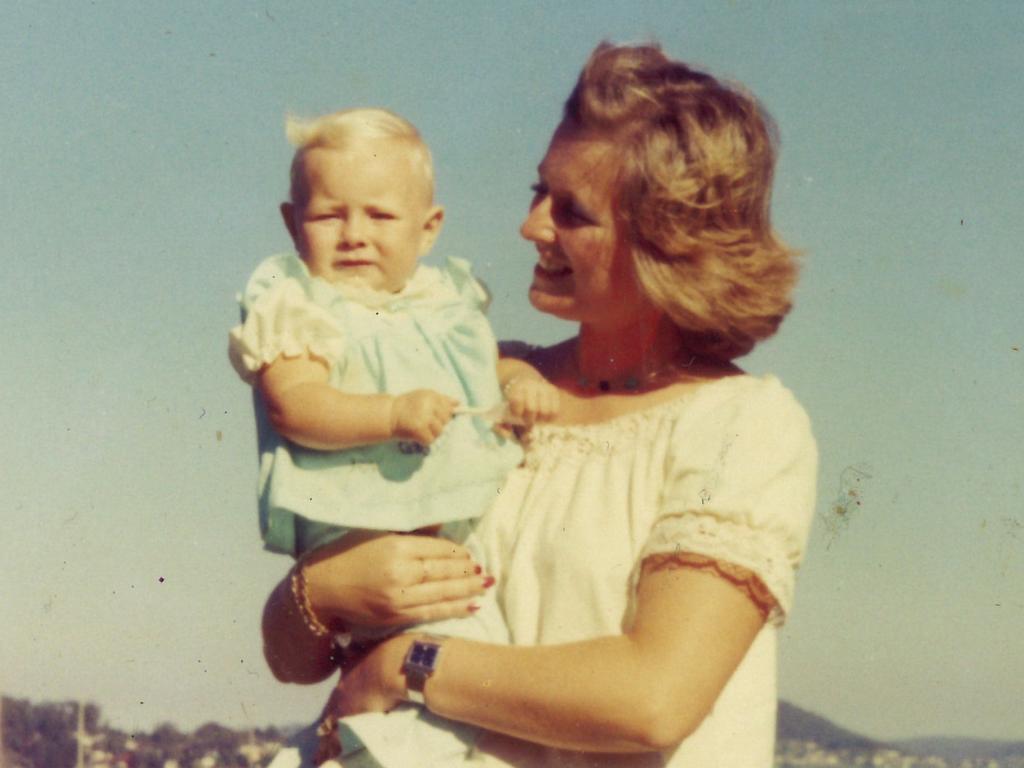

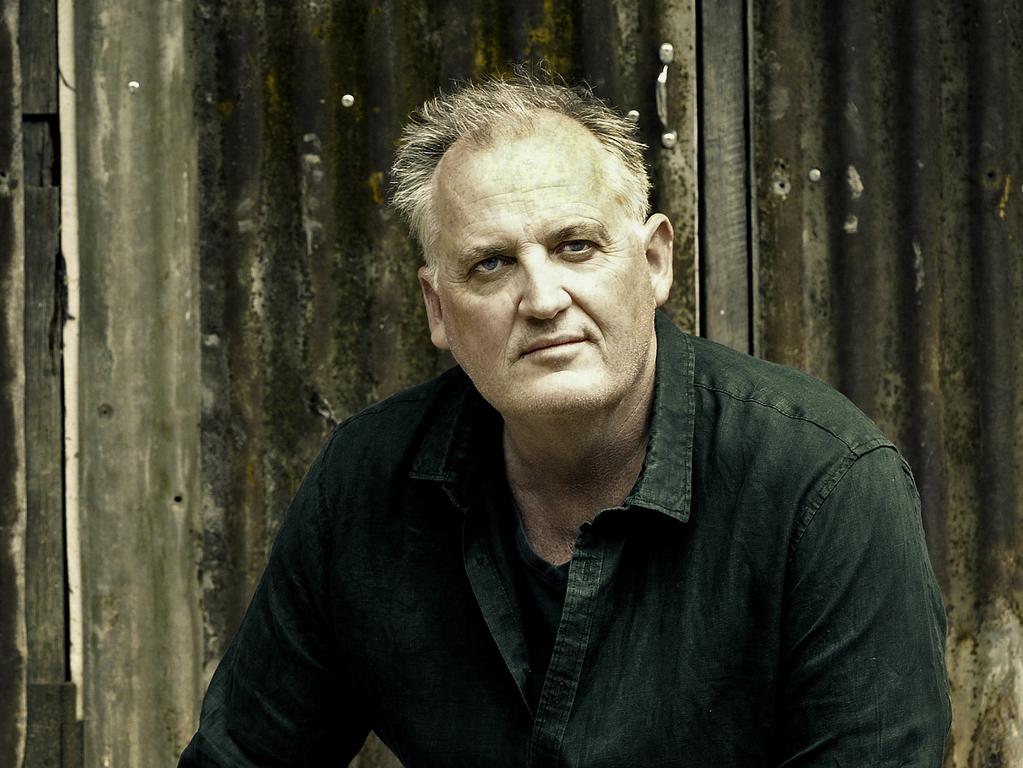
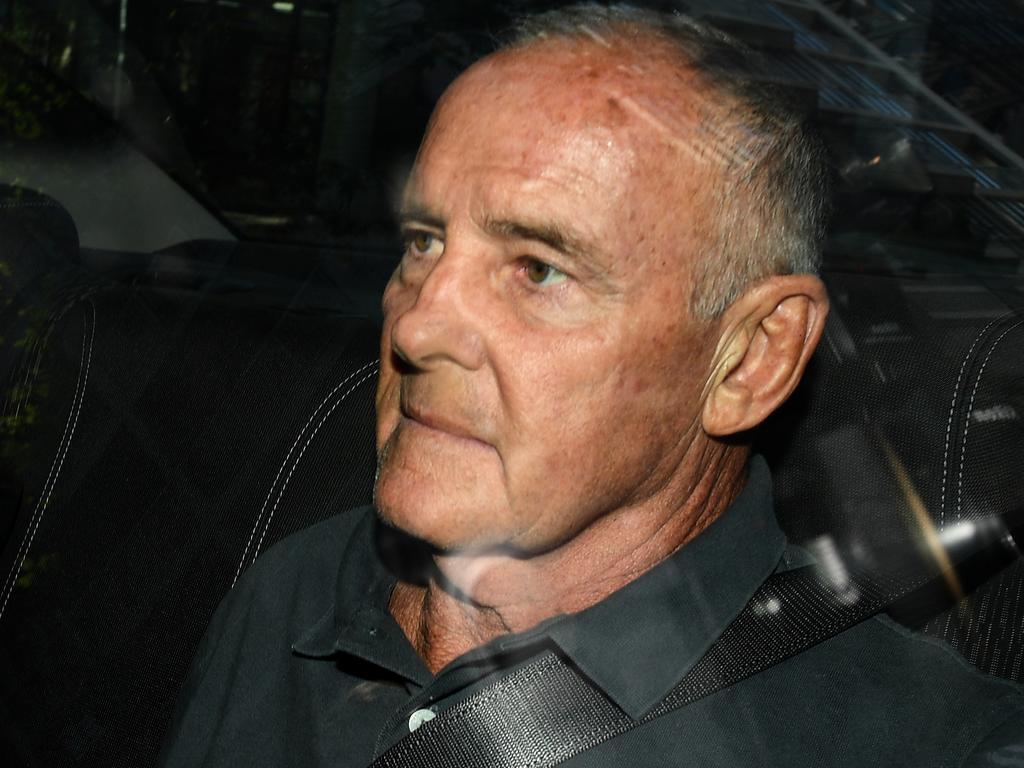


To join the conversation, please log in. Don't have an account? Register
Join the conversation, you are commenting as Logout